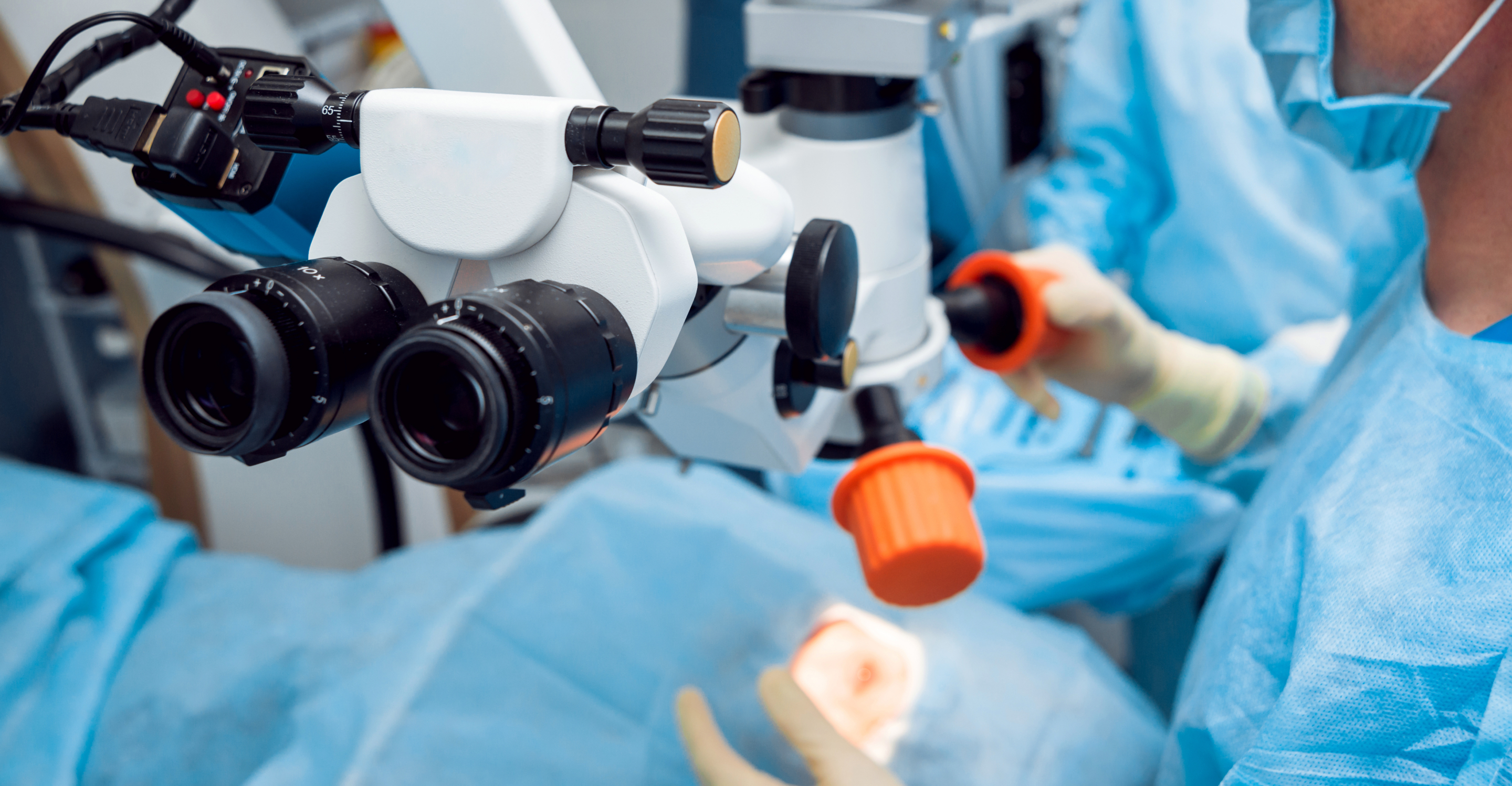Home / Eye Health /

Cataract surgery is a relatively straightforward procedure that typically takes about 10 minutes if it is uncomplicated. The recovery time is relatively short, with complete healing taking about four weeks, provided certain precautions are taken.
To ensure a smooth recovery, here are some essential guidelines to follow:
- Protect your eyes from sunlight by wearing sunglasses when outdoors, especially during the first few days after surgery, as your eyes will be more sensitive to light.
- Use the protective shield over your eye as recommended by your cataract surgeon, even while sleeping, to avoid accidentally rubbing your eyes.
- Adhere to the prescribed schedule for antibiotic and anti-inflammatory eye drops to prevent infection and reduce inflammation.
- Avoid bending over immediately after the procedure to prevent unnecessary pressure on your eye.
- Refrain from driving on the first day after cataract surgery.
- Avoid lifting heavy objects or engaging in strenuous activities for the first week following surgery.
- Stay away from swimming or using hot tubs during the first week after surgery.
- Resist the urge to rub or push on your healing eye, even if it feels itchy, to avoid causing damage.
- Protect your eye from grime, dust, dirt, and wind during the initial weeks after surgery by using protective eyewear if necessary.
- Schedule a follow-up appointment for the day after your cataract surgery to monitor your recovery progress and identify any potential complications.
Within a few hours after being discharged, you can engage in light activities like watching television or using a computer. Follow the post-operative instructions diligently to ensure the best possible recovery. If both eyes require cataract surgery, the second eye will be operated on after one to two weeks after the first eye.
Cataract removal is a safe and commonly performed procedure, with nearly 3 million surgeries conducted annually in the United States. The vast majority of patients (96%) experience excellent outcomes, achieving at least 20/40 uncorrected distance visual acuity with no complications. However, if you encounter any post-operative issues described here, promptly schedule an appointment with us for immediate treatment.
If you are over 40 and experiencing cloudy or blurry vision, it could be a sign of cataracts.
For further topics on eye-related issues, feel free to explore more about cataracts, glaucoma, cornea and external eye disease, eyelid disorders, macular degeneration, retina diseases, and LASIK on our website and links below;
https://www.aao.org/eye-health/diseases/what-are-cataracts
https://www.erielasereye.com/our-services/cataract-surgery-with-dr-haverly/
https://www.erielasereye.com/https-www-erielasereye-com-our-services-cataract-surgery/

